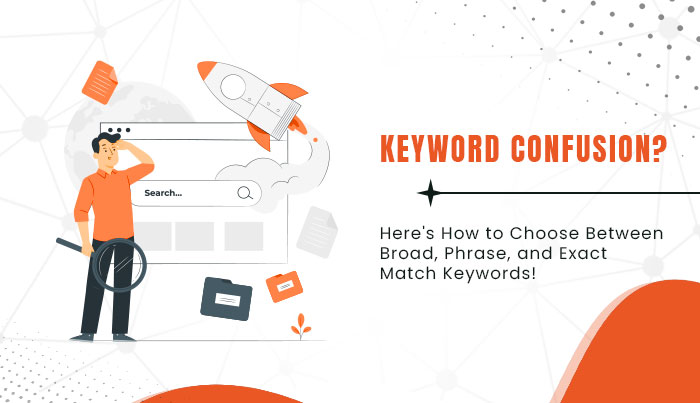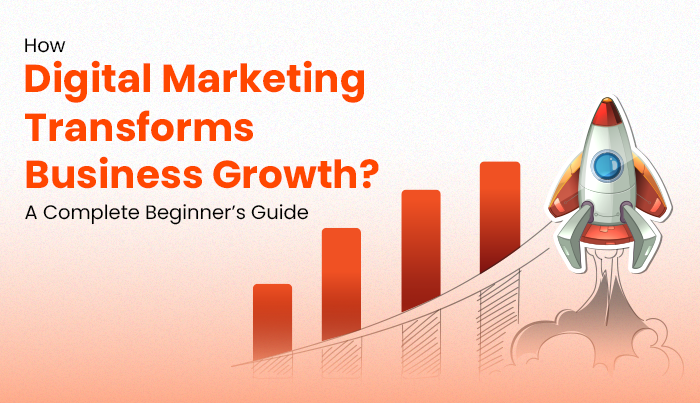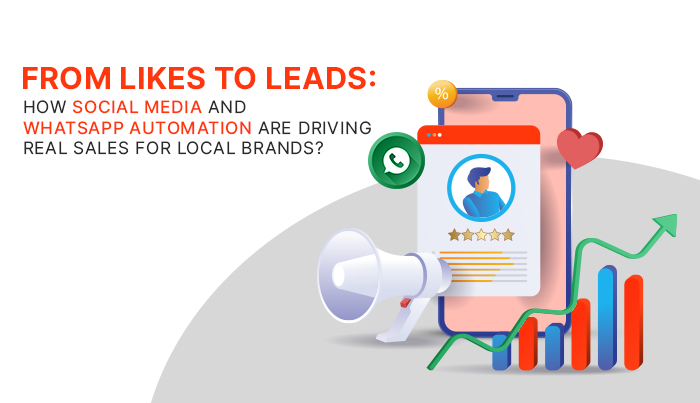Difference Between Broad Match Keywords, Phrase Match Keywords, and Exact Match Keywords
Introduction
Keywords are the words or phrases that people type into search engines when looking for information, products, or services. Choosing the right type of keyword can either bring a flood of tramc to your website or leave your campaign floundering in obscurity. So, what exactly are broad keywords, phrase keywords, and exact keywords? And how do they differ?
These terms describe different ways to match your ads or content to what people are searching for online. Think of them like fishing nets—some are wide and catch everything in their path, while others are more precise, catching only the specific fish you're after. Let’s explore each type of keyword in detail to understand their unique characteristics and when you should use them.
What Are Broad Keywords?
Broad keywords are the most general type of keyword match. When you use a broad keyword in your campaign, your ad can show up for searches that include any word in your key phrase, in any order, as well as for synonyms, related searches, and other relevant variations. This means that your ad or content can appear in front of a wide audience, which is great if you’re looking to cast a wide net.
Advantages of Using Broad Keywords
Wider Audience Reach: Broad keywords allow you to reach a larger audience since your ad can appear for a wide variety of search queries.
Flexibility: They help you tap into search queries you might not have initially thought of, capturing potential customers you might otherwise miss.
Disadvantages of Using Broad Keywords
Lower Relevance: Your ad may show up for searches that aren’t closely related to your product or service, leading to irrelevant clicks.
Higher Costs: Since broad keywords attract a lot of tramc, they can also lead to higher costs, especially if many of those clicks don’t convert.
What Are Phrase Keywords?
Phrase keywords are more specific than broad keywords but still offer some flexibility. When you use a phrase keyword, your ad will appear for searches that include the exact phrase, in the correct order, but may have additional words before or after it. This option narrows down your audience while still allowing for some variation.
Advantages of Using Phrase Keywords
More Targeted Audience: Phrase keywords allow you to reach a more relevant audience, increasing the chances of conversion.
Better Control: You have more control over when your ad appears, ensuring it shows up for searches that are closely aligned with your offerings.
Disadvantages of Using Phrase Keywords
Narrower Reach: While you get more relevant tramc, the overall volume may be lower than with broad keywords.
Potential Misses: You might miss out on tramc from searches that are relevant but don’t exactly match your phrase.
What Are Exact Keywords?
Exact keywords are the most specific type of keyword match. When you use an exact keyword, your ad will only appear for searches that match your keyword exactly, without any extra words. This type of keyword is like using a precision laser—it targets only the most relevant searches.
Advantages of Using Exact Keywords
High Relevance: Exact keywords ensure that your ad is shown to users who are specifically searching for your product or service, leading to higher conversion rates.
Cost Emciency: Since your ad is only shown for very relevant searches, you’re likely to see a better return on investment (ROI) from your ad spend.
Disadvantages of Using Exact Keywords
Very Narrow Reach: While highly targeted, the reach is limited to users who search for the exact keyword, which may result in lower traffic.
Less Flexibility: If you’re only using exact keywords, you might miss out on relevant tramc that could be captured by broader or phrase keywords.
Choosing the Right Keyword Type for Your Campaign
Now that we’ve explored the difference between broad keywords, phrase keywords, and exact keywords, you might be wondering which one is right for your campaign. The answer depends on your goals, budget, and target audience.
If you’re looking to build brand awareness and reach as many people as possible, broad keywords might be the best option.
If you want to attract a more targeted audience with a higher likelihood of conversion, phrase keywords offer a good balance of reach and relevance.
If your goal is to drive highly qualified tramc with a strong intent to purchase, exact keywords are the way to go. In many cases, a combination of all three types of keywords can provide the best results. By testing and optimizing your keyword strategy, you can find the perfect mix that drives the most valuable tramc to your site.
Conclusion
Understanding the difference between broad keywords, phrase keywords, and exact keywords is crucial for any successful digital marketing campaign. Each type of keyword has its own strengths and weaknesses, and the right choice depends on your specific goals. Whether you’re casting a wide net with broad keywords, striking a balance with phrase keywords, or aiming for precision with exact keywords, using the right keyword strategy can make all the difference in your campaign’s success.





